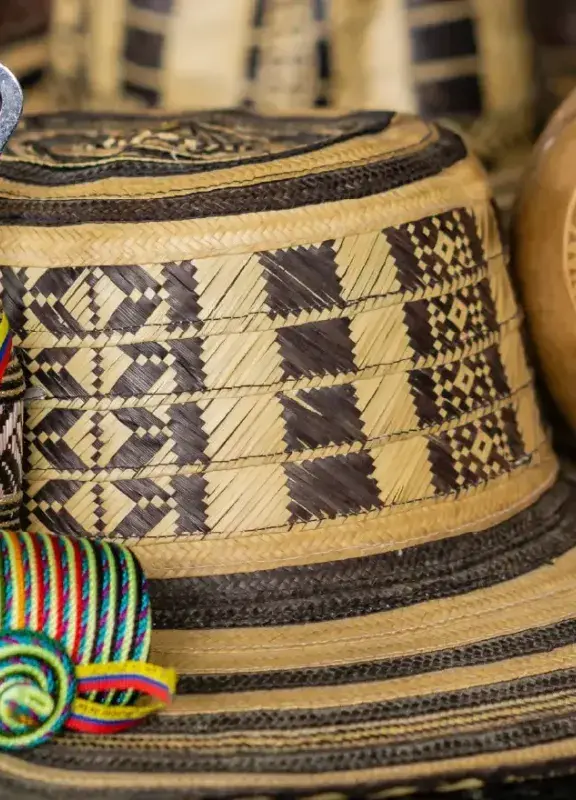Explore the world of bees in Colombia
Bees in Colombia are essential to biodiversity, pollinating thousands of species and helping to preserve ecosystems. Discover how these little creatures maintain the ecological balance in the country of beauty.
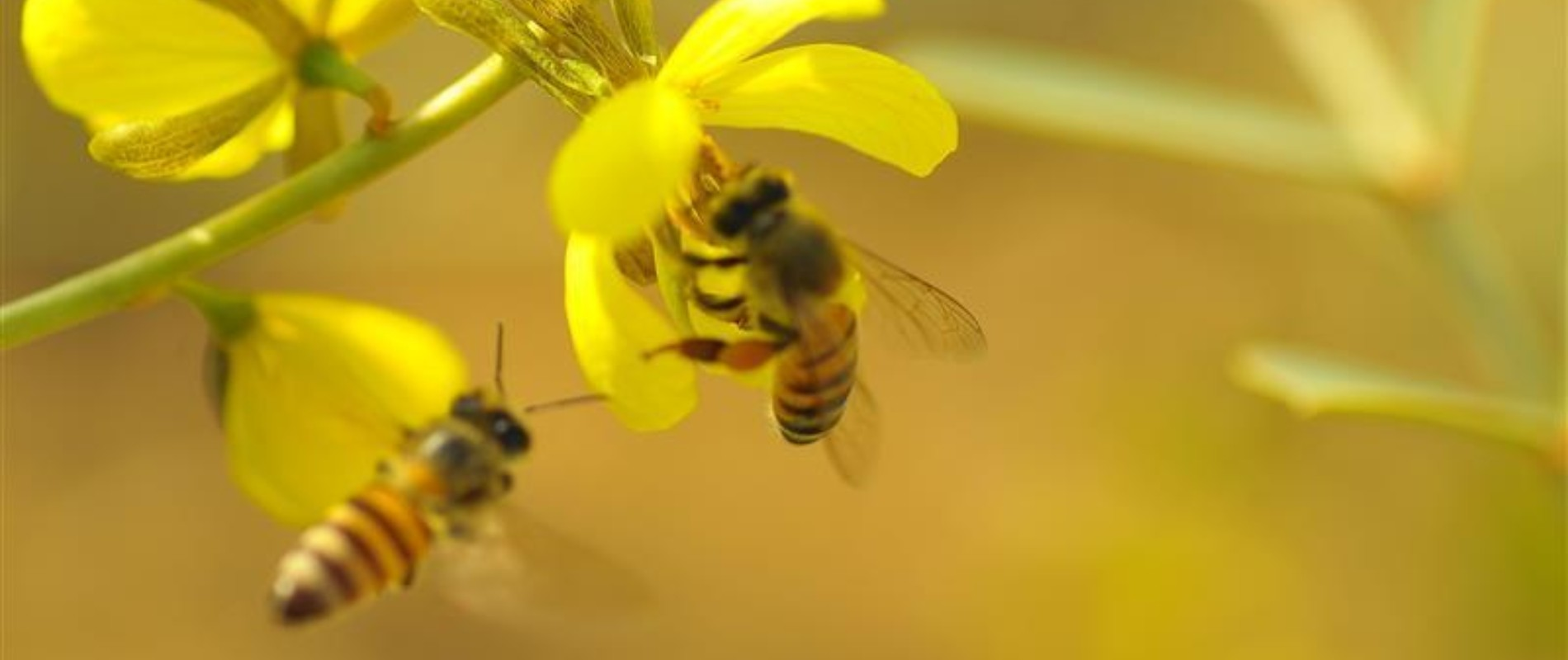
Colombia records at least 550 bee species, highlighting our country's extraordinary apicultural and biological biodiversity. These pollinators are essential for ecosystem maintenance and food production, also proving Colombia's biodiversity. As you traverse Colombia's vast and beautiful landscapes, bees play a crucial role in plant fertilization, ensuring the continuity of numerous plant and animal species. For these and other reasons, we explain why bees are queens of biodiversity in the country of beauty.
Bees are excellent pollinators
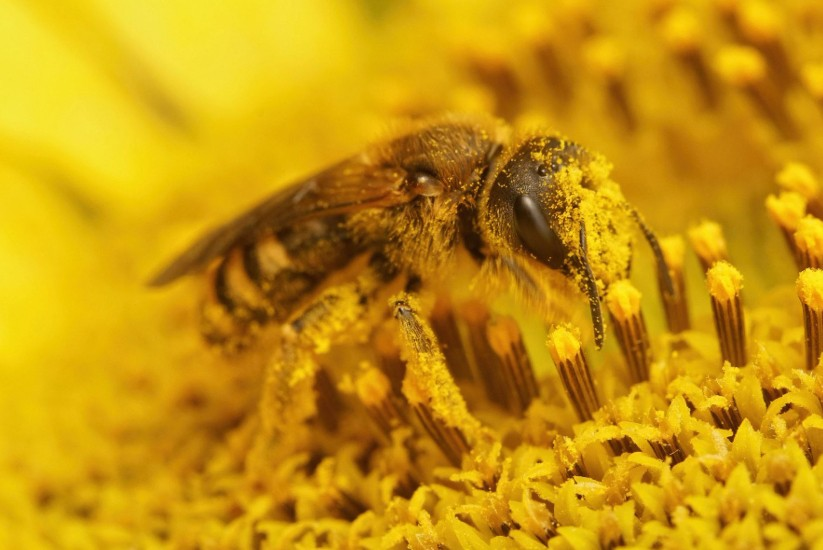
Pollination is the process by which pollen is transferred from one flower to another, enabling seed and fruit reproduction. Bee pollination plays a crucial role in environmental health, fostering plant genetic diversity. Approximately 25,000 plant species rely on bees for fertilization, making agriculture and food production directly dependent on these creatures. About one-third of plants used in human food require pollinating insects to bear fruit.
Additionally, bees significantly contribute to the pollination of wild plants, essential as sources of medicines, fibers, and food for wildlife, and as pillars of biodiversity. This, in turn, supports ecotourism development and ecosystem balance, providing habitats for birds and wildlife, which perform various ecological functions.
They provide ecosystem preservation
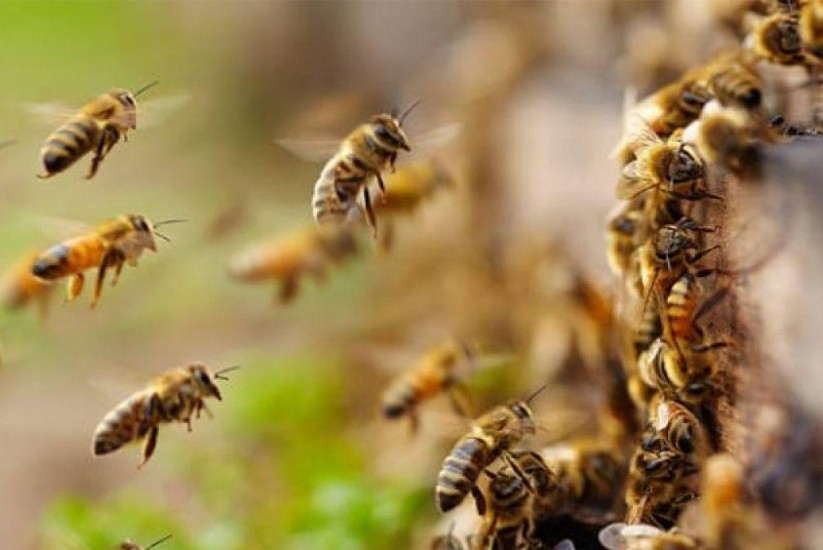
Besides pollinating agricultural crops, bees contribute to the conservation of Colombian ecosystems, such as tropical forests, páramos, and jungles. In tropical forests, bees promote the reproduction of native plants, many crucial for ecosystem stability. In páramos, bees play an important role, as these ecosystems host unique flora adapted to extreme conditions. In jungles, where plant diversity is vast, bees enable the reproduction of various species that sustain countless organisms. These jungles are vital for carbon capture, biodiversity protection, and the water cycle, underscoring bees' importance in preserving ecological processes.
For example, in the humid forests of the Amazonía Colombiana, bees pollinate plants that feed birds like toucans and hummingbirds, as well as mammals like monkeys and jaguars. By maintaining these plants' health and productivity, bees help feed wildlife and, ultimately, maintain the balance of the trophic chain. Thus, Colombian bees promote plant species reproduction and sustain the ecological infrastructure ensuring the survival of thousands of animal and plant species, forming a vital link among all ecosystem components.
You may be interested: The country of beauty, home to Colombian forests
They generate significant ecological stability impact
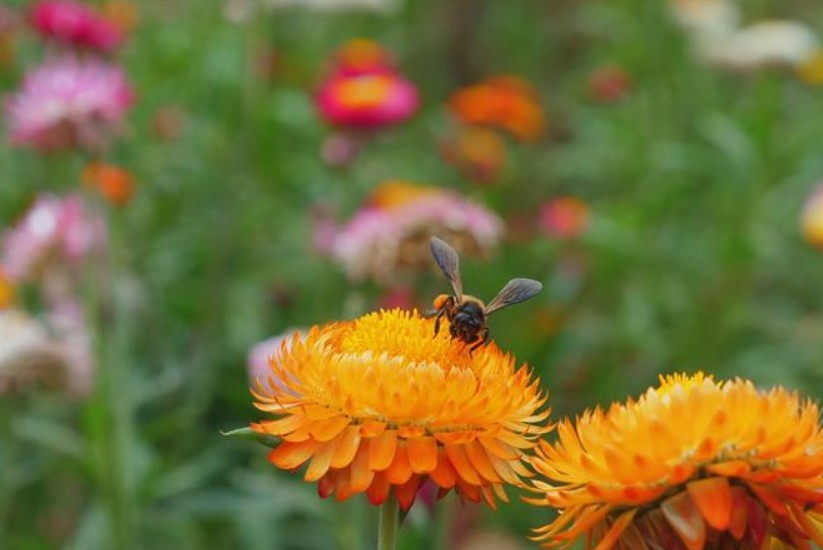
Bees are also responsible for fostering the ecological resilience of Colombian ecosystems against factors like climate change and deforestation. The importance of efficient and constant pollination by bees lies in their help to regenerate and maintain plant diversity that stabilizes soil, preventing erosion and protecting water bodies. Moreover, plants dependent on bee pollination are fundamental for restoring degraded lands, contributing to the recovery of ecosystems altered by various factors.
In this sense, bees act as silent allies in ecological restoration efforts, helping create biological corridors that connect protected areas and enable genetic flow among flora and fauna populations. This ecological connectivity is essential for climate change adaptation, allowing species to move and adapt to new habitats as climatic conditions change.
You may be interested: Route to learn more about biodiversity in Colombia
The impact of Colombia's bees
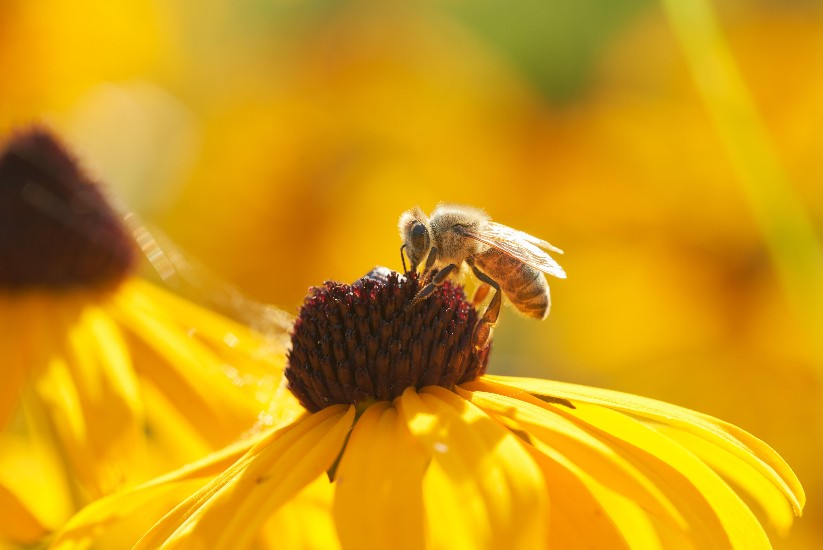
In Colombia, bees are key players in preserving and strengthening biodiversity. Besides ensuring the continuity of diverse ecosystems, they promote ecological balance and resilience against environmental challenges. Recognizing their vital importance, promoting their protection and conservation is essential, as they are undoubtedly the undisputed queens of biodiversity in Colombia, a natural legacy we must care for.
The role of bees in Colombian ecosystems goes beyond pollination. Their impact extends to food security, species preservation, and the country's ecological balance. Thanks to their work, essential crop production is ensured, forests and jungles are kept in optimal conditions, and habitats for countless species are protected. Without bees, ecosystems would lose their regenerative capacity, directly affecting biodiversity and human well-being. Thus, their conservation is a priority task to ensure a sustainable future in the country of beauty.
Related articles:
 Welcome, you are in
Welcome, you are in 









